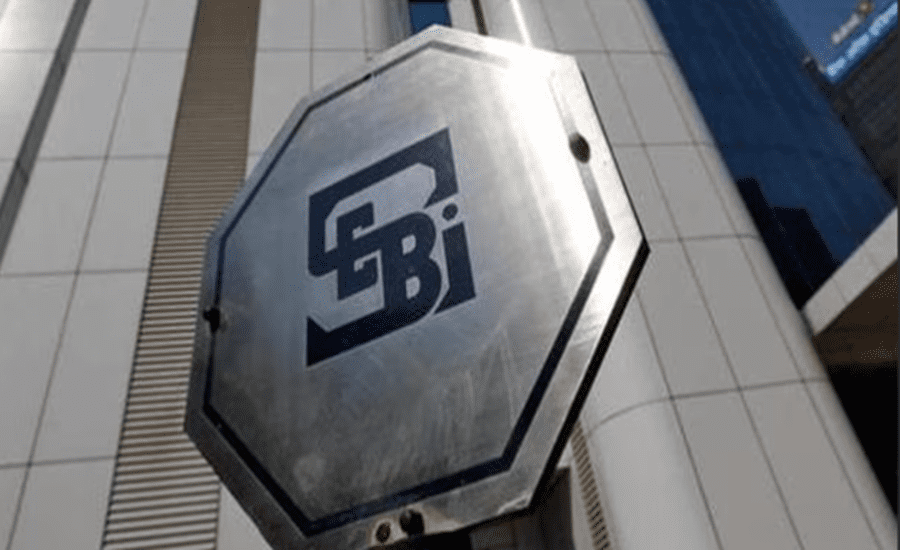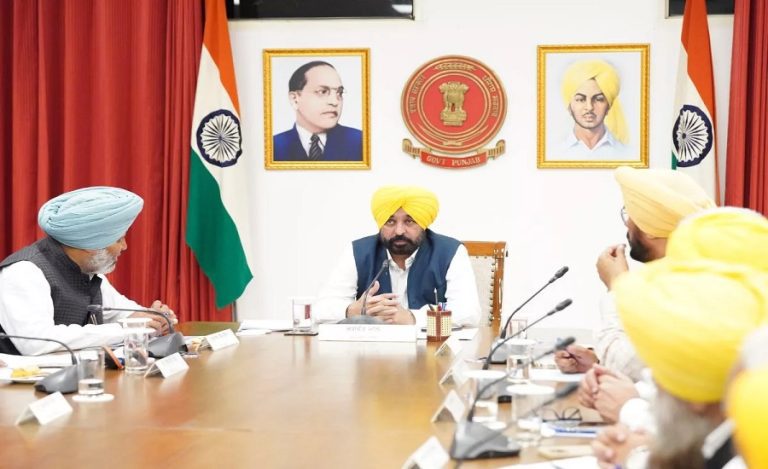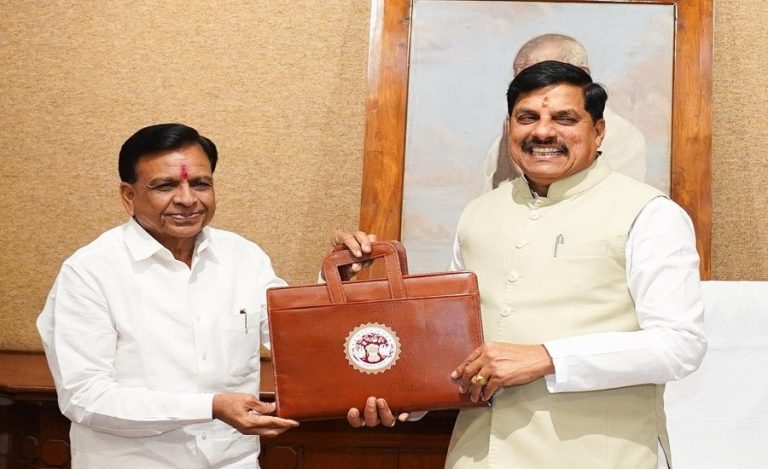Mumbai: In a major policy move, the Securities and Exchange Board of India (SEBI) has approved special measures to facilitate the voluntary delisting of Public Sector Undertakings (PSUs) where the Government of India owns 90% or more of the equity stake.
The decision, taken during SEBI’s latest board meeting on Wednesday, aims to make the delisting process simpler, faster, and less financially burdensome for PSUs, especially those whose market prices do not reflect their operational or financial performance.
Key Changes to SEBI’s Delisting Norms for PSUs
SEBI acknowledged that several PSUs with low public float trade at inflated market prices, often disproportionate to their book value, profitability, and operational strength. As a result, current norms – including pricing based on a 60-day volume-weighted average market price — make it financially challenging for the government to delist these entities.
To address this, SEBI has approved the following relaxations-
- Delisting allowed through a fixed price mechanism, instead of a book-building process.
- The fixed price must be at least 15% higher than the calculated floor price, regardless of trading volume or frequency.
- Exemption from two-thirds public shareholder approval, if the government already holds 90% or more.
- Exemption from Minimum Public Shareholding (MPS) requirements during the delisting process.
- Applicable to PSUs excluding those in financial sectors (i.e., banks, NBFCs, and insurance companies).
Why the Changes Matter
Under the existing framework, successful delisting requires promoters to reach 90% shareholding and secure a two-thirds majority among public shareholders. However, in cases where the government already owns close to or exactly 90%, obtaining additional approvals and offering inflated prices (due to high market averages) becomes a significant deterrent.
SEBI noted – “In certain PSUs with minimal public float, shares are traded frequently at prices which are not commensurate with operations, net worth, and profitability. The existing pricing norms make it financially burdensome to delist such companies.”
These reforms are expected to streamline exit strategies for the government in non-strategic sectors and allow greater flexibility in PSU privatization and restructuring efforts.
Handling of Unclaimed Investor Funds Also Addressed
SEBI also introduced a key reform regarding unclaimed investor money. Under the new rules-
- Unclaimed funds will be transferred to the stock exchange where the company was listed, and held for 7 years.
- After this period, unclaimed funds will be moved to the Investor Education and Protection Fund (IEPF) or SEBI’s own Investor Protection and Education Fund (IPEF).
- Investors will retain the right to claim these funds at any point during the 7-year holding period.




























